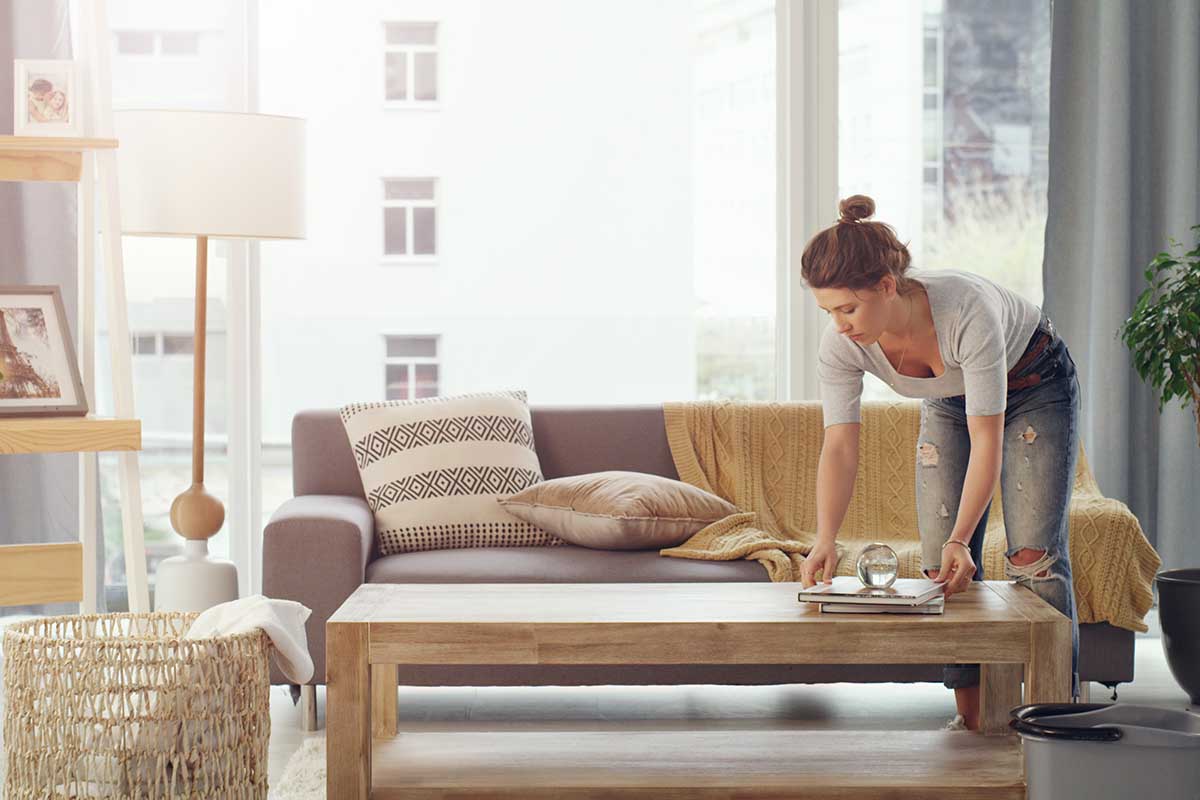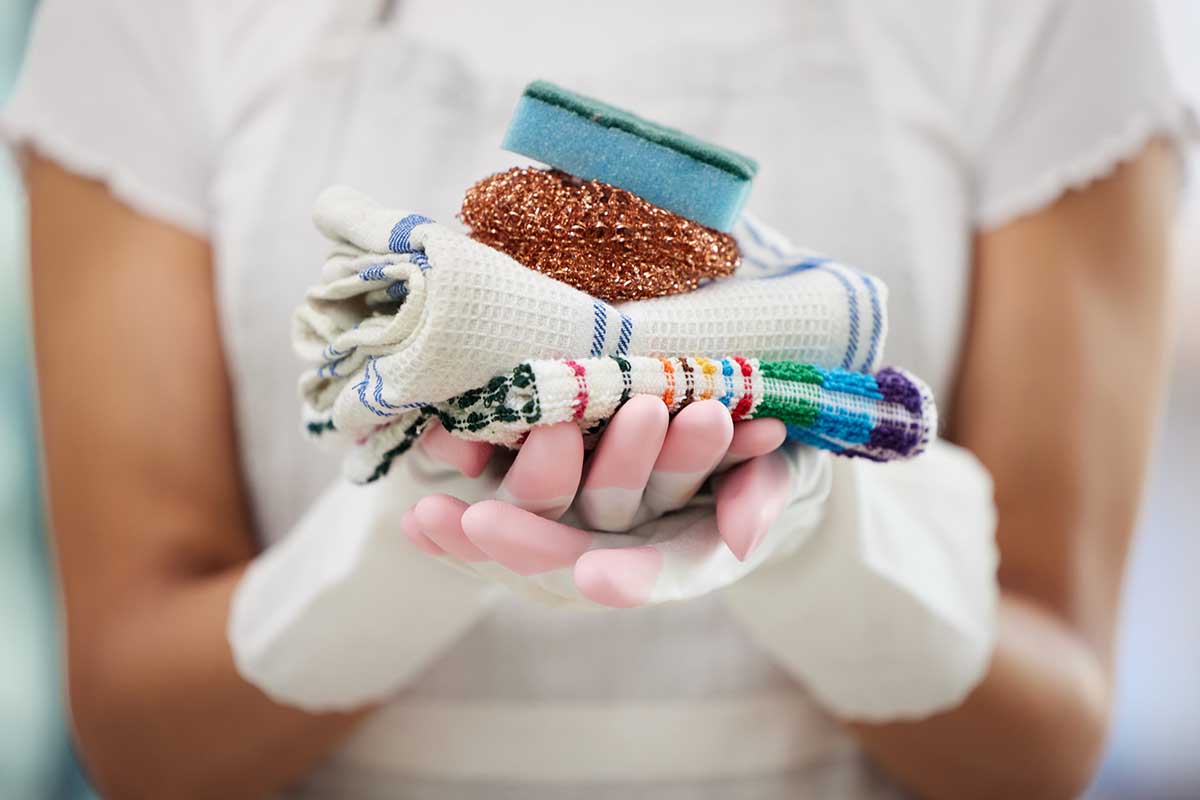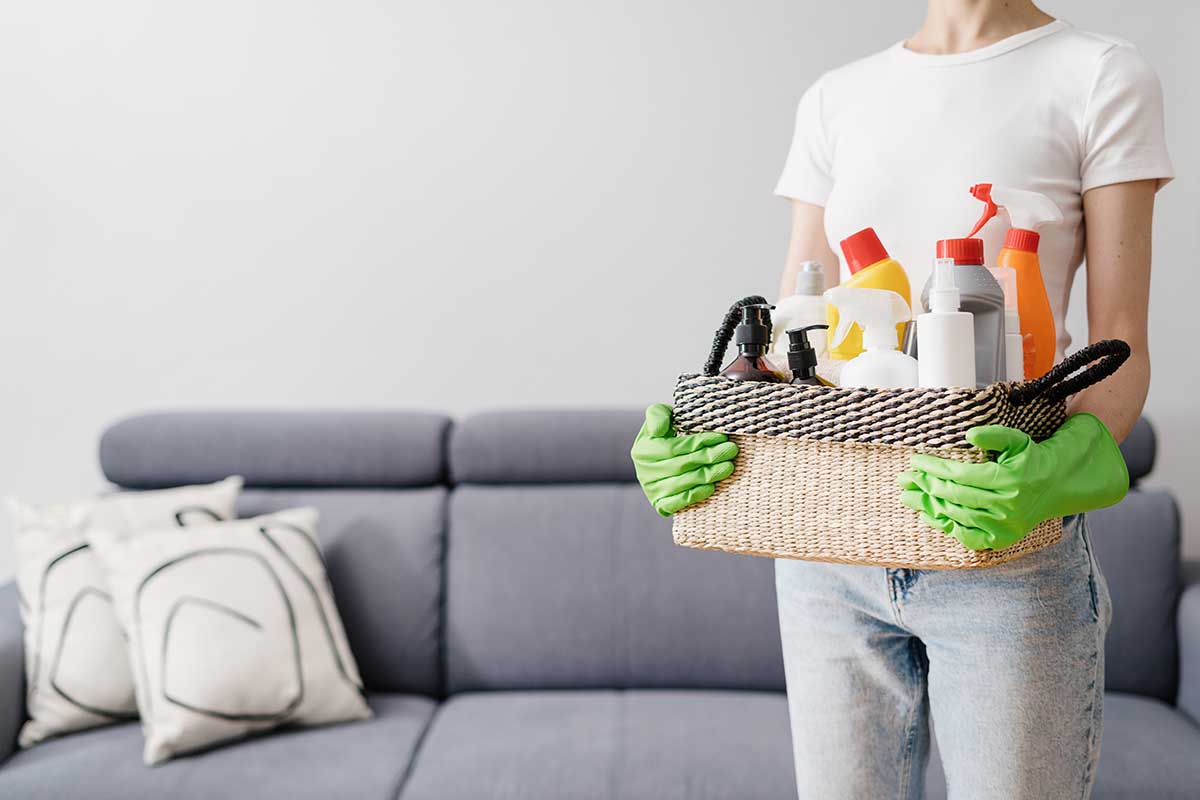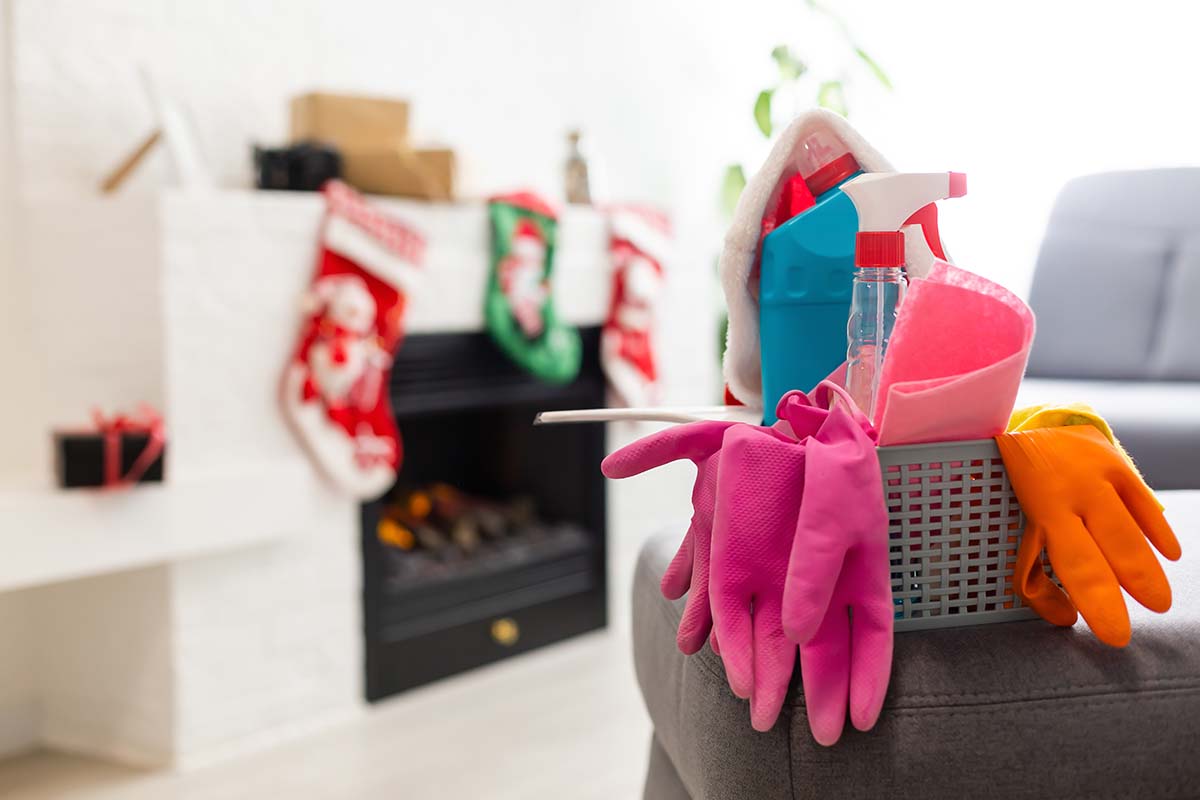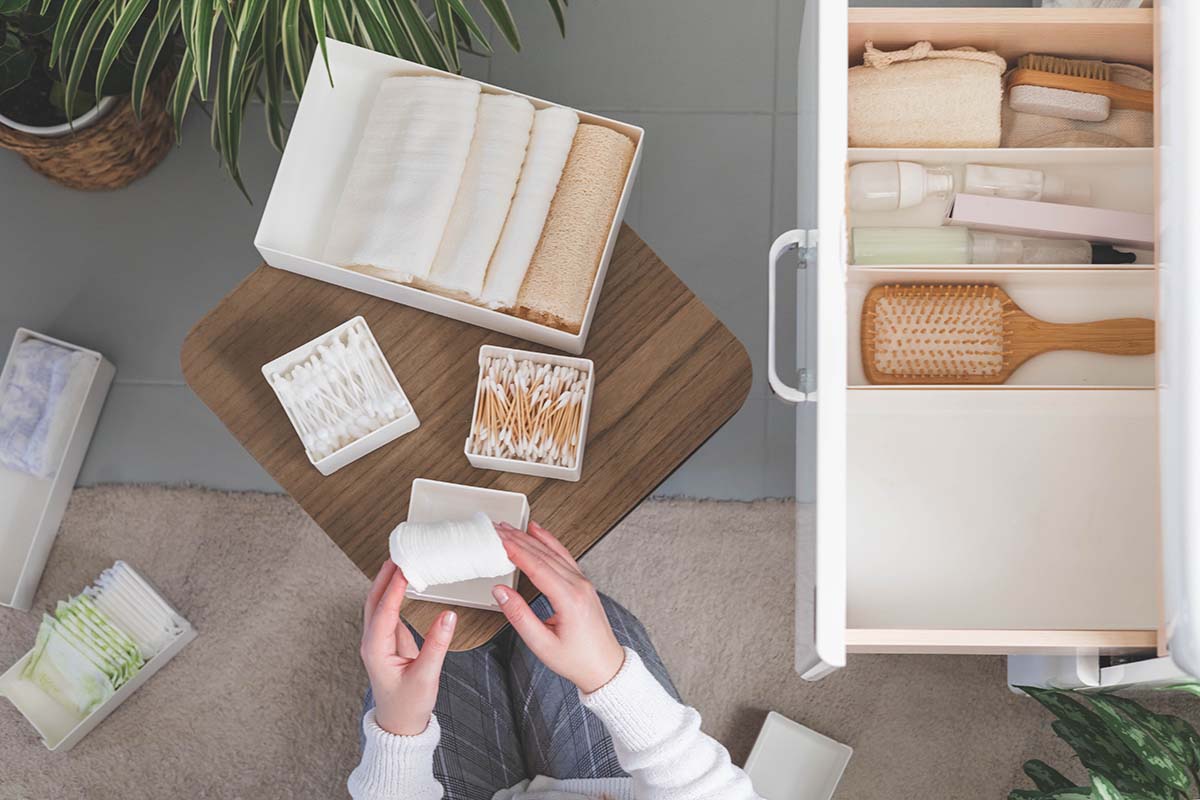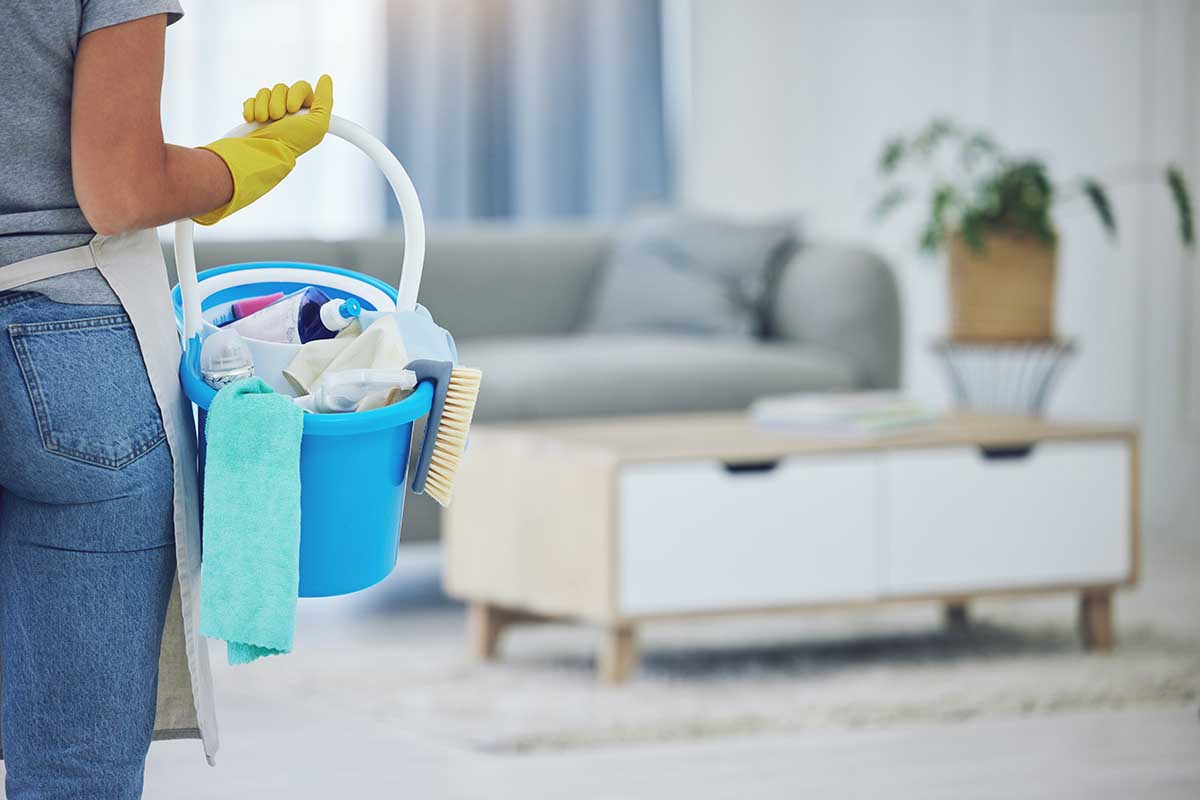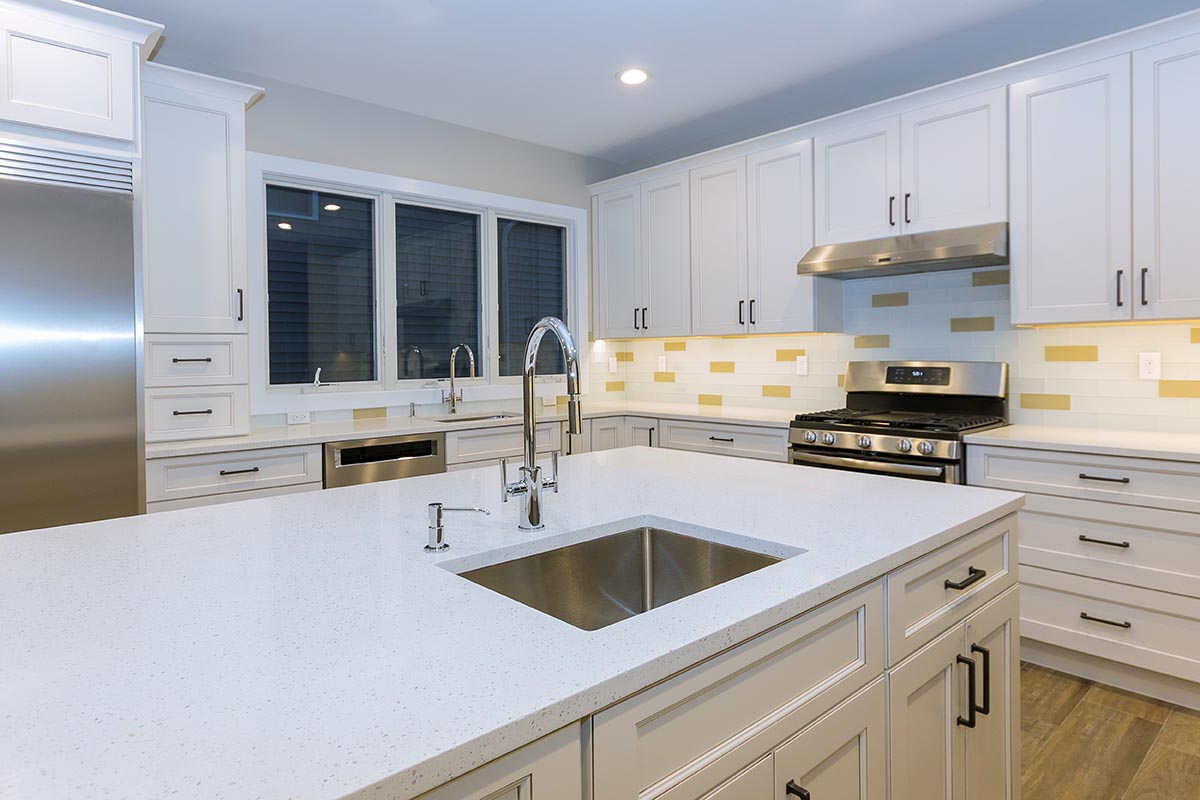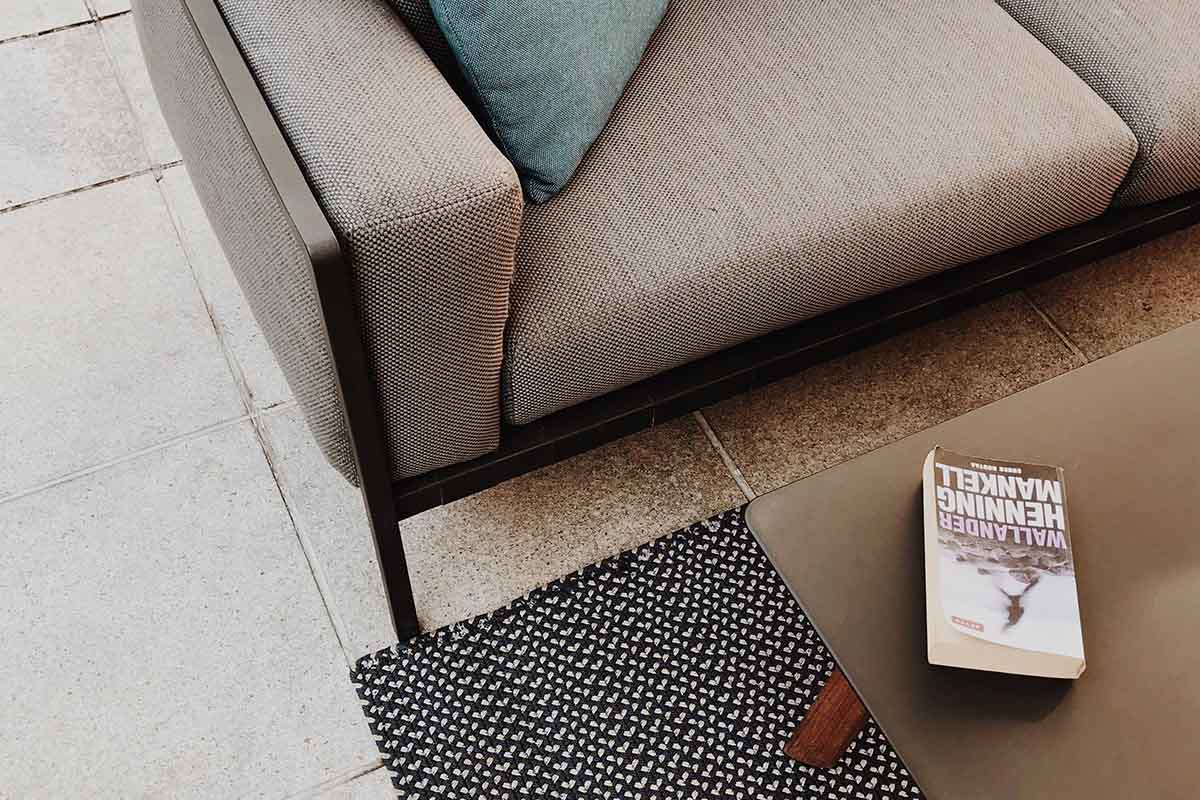How to Keep Your Home Fresh, Clean, and Well-Organized
Key Points
Freshness Matters – Air quality, natural light, and simple habits like ventilation and indoor plants keep your home feeling vibrant.
Cleanliness Routines – Consistent cleaning schedules prevent clutter, reduce stress, and create a healthier environment.
Smart Organization – Storage systems and decluttering habits make daily life more efficient and support long-term order.
A well-maintained home serves as more than just a living space—it becomes a sanctuary that supports your mental well-being and daily productivity.
Applying practical home cleaning and organization tips ensures your surroundings positively influence mood, energy levels, and overall quality of life.
Creating and maintaining a fresh, clean, and organized home doesn’t require perfection or endless hours of work. Instead, it’s about developing smart systems and sustainable habits that work with your lifestyle.
This comprehensive guide explores practical strategies across three essential pillars: maintaining freshness, establishing cleanliness routines, and implementing organization systems.
Each element works together to create a harmonious living environment that feels both welcoming and functional.
Creating a Fresh and Healthy Living Environment
Air Quality and Natural Freshness
The foundation of a fresh home starts with the air you breathe. Poor indoor air quality can lead to stuffiness, unpleasant odors, and even health issues over time.
Opening windows for just 15 minutes each morning creates cross-ventilation that removes stale air and brings in fresh oxygen.
This simple practice costs nothing yet dramatically improves your home’s atmosphere.
Strategic placement of indoor plants adds another layer of natural air purification.
Spider plants, peace lilies, and snake plants actively filter common household toxins while adding visual appeal to your spaces.
Consider the cleaning products you use daily.
Many conventional cleaners release volatile organic compounds (VOCs) that linger in your air long after cleaning.
Natural alternatives like vinegar, baking soda, and essential oils clean effectively without compromising air quality.
As part of smart home cleaning and organization tips, a mixture of water, white vinegar, and lemon essential oil creates an all-purpose cleaner that leaves rooms genuinely fresh.sh.
Water Quality and Home Health
Water quality affects multiple aspects of home freshness, from the taste of your drinking water to the cleanliness of your surfaces.
Contaminants in water can leave residues, create odours, and impact your family’s health.
Modern water systems face increasing challenges from industrial chemicals and environmental pollutants.
Installing a quality water filter for PFAS Australia addresses these concerns by removing harmful per- and polyfluoroalkyl substances that standard filters miss.
Clean, filtered water enhances everything from cooking and cleaning to bathing and laundry.
You’ll notice clearer ice cubes, better-tasting beverages, and reduced mineral buildup on fixtures.
The investment in proper water filtration pays dividends through improved health outcomes and reduced cleaning requirements.
As part of effective home cleaning and organization tips, filtered water also leaves fewer spots on dishes and reduces soap scum buildup in bathrooms.
Maintaining Consistent Cleanliness
Daily Cleaning Habits
The secret to a consistently clean home lies in small, daily actions rather than marathon cleaning sessions.
Following simple home cleaning and organization tips, like a 10-minute morning and evening routine, prevents mess from accumulating.
Start each day by making beds, wiping bathroom counters, and doing a quick kitchen clean after breakfast.
These simple tasks set a positive tone and maintain baseline cleanliness.
Evening routines should focus on resetting living spaces for the next day.
Clear coffee tables, return items to their designated spots, and run the dishwasher before bed.
High-traffic areas requiring daily attention:
- Kitchen counters and sink;
- Bathroom surfaces;
- Entryway floors;
- Dining table;
- Living room surfaces.
Creating a ‘clean as you go’ mentality transforms cleaning from a chore into an automatic habit.
Wipe spills immediately, put items away after use, and tackle small messes before they grow.
Weekly Deep Cleaning Schedule
A structured weekly cleaning schedule ensures every area receives regular attention without overwhelming any single day.
Assign specific tasks to different days based on your energy levels and availability.
- Monday: Bathrooms deep clean. Focus on scrubbing toilets, showers, and tubs. Replace towels and restock supplies.
- Tuesday: Kitchen deep clean. Clean appliances inside and out, wipe cabinet fronts, and mop floors thoroughly.
- Wednesday: Dusting and vacuuming. Address all surfaces, including ceiling fans, baseboards, and window sills throughout the home.
- Thursday: Bedrooms Change bed linens, organize nightstands, and vacuum under beds.
- Friday: Living areas deep clean, living and dining rooms, including upholstery and electronics.
Time-saving techniques make weekly cleaning more manageable.
Use microfiber cloths that trap dust effectively, employ a cleaning caddy to keep supplies portable, and play upbeat music to maintain momentum.
These practical home cleaning and organization tips make multi-tasking easier—start laundry before tackling other tasks, let cleaning products sit while you work elsewhere, and batch similar activities together to maximize efficiency.
Seasonal and Special Cleaning Needs
Beyond regular maintenance, homes require periodic deep cleaning to address accumulated grime and hidden problem areas.
Quarterly tasks include washing windows, cleaning light fixtures, and shampooing carpets.
Spring and autumn present ideal opportunities for thorough home assessments.
Check for signs of pests, moisture issues, or wear that needs addressing.
Professional pest control Tenterfield services become essential when prevention fails.
Regular inspections catch infestations early, preventing damage and health risks associated with common household pests.
Seasonal pest prevention strategies:
- Seal cracks and entry points before winter;
- Remove standing water sources in summer;
- Clear vegetation touching exterior walls;
- Store firewood away from the house;
- Maintain clean, dry storage areas.
Moving situations demand exceptional cleanliness standards.
Professional end of lease cleaning services ensure properties meet inspection requirements while saving time during stressful transitions.
These services address often-overlooked areas like inside ovens, behind appliances, and carpet steam cleaning.
The thoroughness required for bond return often exceeds typical cleaning capabilities.
Smart Organization Systems
Bedroom Organization and Furniture Selection
Bedrooms should serve as peaceful retreats, but clutter quickly transforms them into stress-inducing spaces.
Smart furniture choices and organisation systems restore tranquility.
Investing in quality pieces like a solid timber bed frame with integrated storage maximizes space efficiency.
Under-bed drawers eliminate the need for additional furniture while keeping belongings easily accessible.
Wardrobe organization follows the principle of visibility equals usability.
Arrange clothing by category and color, use matching hangers for visual consistency, and store out-of-season items separately.
Bedroom organization essentials:
- Drawer dividers for small items;
- Over-door hooks for robes and bags;
- Bedside caddies for nighttime essentials;
- Clear storage boxes for accessories;
- Labels for consistency.
Creating designated zones within bedrooms improves functionality.
Establish separate areas for sleeping, dressing, and relaxation to maintain clear purposes for each space.
Nightstands often become clutter magnets.
Limit surface items to essentials like lamps, alarm clocks, and current reading material.
Use drawer organisers to contain smaller items.
Living Areas and Lighting Solutions
Multi-purpose living spaces require flexible organisation strategies that accommodate various activities.
Proper furniture arrangement and storage solutions maintain order without sacrificing comfort.
Strategic lighting transforms both the ambiance and functionality of living areas.
Quality fixtures from lighting stores in Richmond offer solutions that enhance organization through improved visibility and space definition.
Task lighting illuminates specific work areas, making activities like reading or crafts more enjoyable.
Ambient lighting creates warmth while accent lighting highlights architectural features or artwork.
Lighting tips for organized spaces:
- Install dimmer switches for versatility;
- Use table lamps to create intimate zones;
- Add under-cabinet lighting in display areas;
- Position floor lamps to eliminate dark corners;
- Layer lighting types for maximum flexibility.
Open-plan living requires careful zone definition.
Use furniture placement, area rugs, and lighting to create distinct areas for dining, relaxation, and entertainment.
Storage furniture serves double duty in living spaces.
Ottoman storage, console tables with drawers, and built-in shelving provide hidden storage while maintaining aesthetic appeal.
Kitchen and Utility Areas
Kitchens demand exceptional organisation due to their multiple functions and frequent use.
Implement systems that prioritise accessibility and efficiency.
Group items by frequency of use, storing everyday dishes at eye level and special occasion pieces higher up.
Keep counters clear by designating homes for small appliances.
Kitchen organisation strategies:
- Use drawer dividers for utensils;
- Install pull-out shelves in deep cabinets;
- Employ lazy Susans in corner cabinets;
- Add hooks inside cabinet doors;
- Label pantry containers clearly.
Utility areas like laundry rooms and mudrooms benefit from vertical storage solutions.
Wall-mounted organizers, pegboards, and overhead shelving maximize limited floor space.
Create dedicated zones for different activities.
Establish separate areas for cleaning supplies, tools, and seasonal items to prevent cross-contamination and confusion.
Creating Sustainable Routines
Building Habits That Stick
Sustainable home maintenance relies on habits rather than motivation.
Start small with one area or routine, mastering it before adding complexity.
The 21-day rule suggests that consistent practice creates automatic behaviors.
Focus on one new habit at a time, tracking progress to maintain accountability.
Anchor new routines to existing habits. If you always have morning coffee, use that time to wipe kitchen counters.
This linking strategy increases success rates.
Family Involvement Strategies
Maintaining an organized home requires everyone’s participation.
Age-appropriate responsibilities teach valuable life skills while distributing workload fairly.
Create visual charts showing each person’s tasks. Young children respond well to sticker rewards, while older family members appreciate clear expectations and autonomy.
Age-appropriate tasks:
- Toddlers: Put toys in bins;
- School-age: Make beds, set tables;
- Teens: Vacuum, laundry, bathroom cleaning;
- Adults: Deep cleaning, maintenance, organization.
Make cleaning enjoyable through gamification. Set timers for speed cleaning, play favorite music, or offer rewards for completed tasks.
Regular family meetings address organization challenges collaboratively.
Discuss what’s working, identify problems, and brainstorm solutions together.
The One In, One Out Rule
Preventing accumulation maintains organization long-term.
Every new item entering your home should trigger the removal of something similar.
This principle applies across categories from clothing to kitchen gadgets.
Before purchasing, identify what you’ll donate or discard to maintain balance.
Regular decluttering sessions prevent overwhelming accumulation.
Schedule monthly reviews of different areas, removing items that no longer serve their purpose.
Donation stations in closets or garages make decluttering convenient.
When items no longer fit or function, add them immediately rather than returning them to storage.
Maintenance Versus Major Overhauls
Consistent maintenance eliminates the need for exhausting overhauls.
Daily tidying, weekly cleaning, and monthly organisation reviews keep homes manageable.
Address problems immediately rather than postponing them.
Fix leaky faucets, repair torn screens, and tackle stains while fresh to prevent larger issues.
Seasonal assessments catch developing problems early.
Check for water damage, pest entry points, and wear patterns that indicate needed repairs or replacements.
Create maintenance calendars noting when filters need changing, when appliances require servicing, and when deep cleaning tasks are due.
This proactive approach prevents emergency situations.
Technology and Modern Solutions
Smart Home Integration
Modern technology offers innovative organization solutions.
Smart home devices automate routine tasks, freeing time for more important activities.
Robotic vacuums maintain floor cleanliness between deep cleans.
Smart thermostats optimize comfort while reducing energy waste.
Voice assistants set cleaning reminders and timers.
Apps designed for home management track cleaning schedules, maintenance tasks, and household inventories. Digital solutions eliminate paper clutter while improving accountability.
Eco-Friendly Approaches
Sustainable cleaning and organization practices benefit both your home and the environment.
Choose reusable alternatives to disposable products whenever possible.
Microfiber cloths replace paper towels, reducing waste and expense.
Concentrated cleaning products minimise packaging while maintaining effectiveness.
Energy-efficient appliances and LED lighting reduce utility costs while supporting environmental goals.
Quality items that last longer ultimately create less waste than cheap, disposable alternatives.
Conclusion
Creating a fresh, clean, and well-organized home is an achievable goal that enhances daily life quality.
Through consistent small efforts, smart systems, and appropriate tools, any space can become a welcoming sanctuary.
Start with one area or routine, building momentum through small successes.
Remember that perfection isn’t the goal—progress and sustainability matter more.
The cumulative effect of daily habits, weekly routines, and smart organization creates lasting transformation.
Your future self will thank you for the foundation you build today through these simple yet powerful practices.
